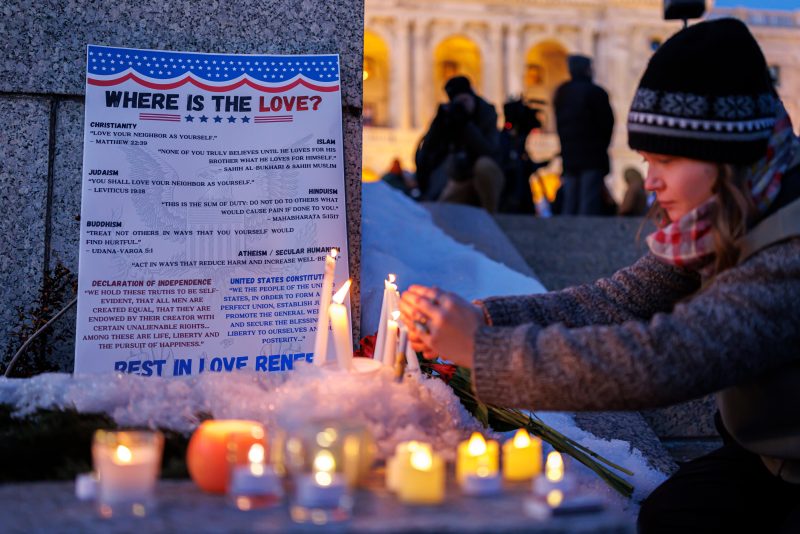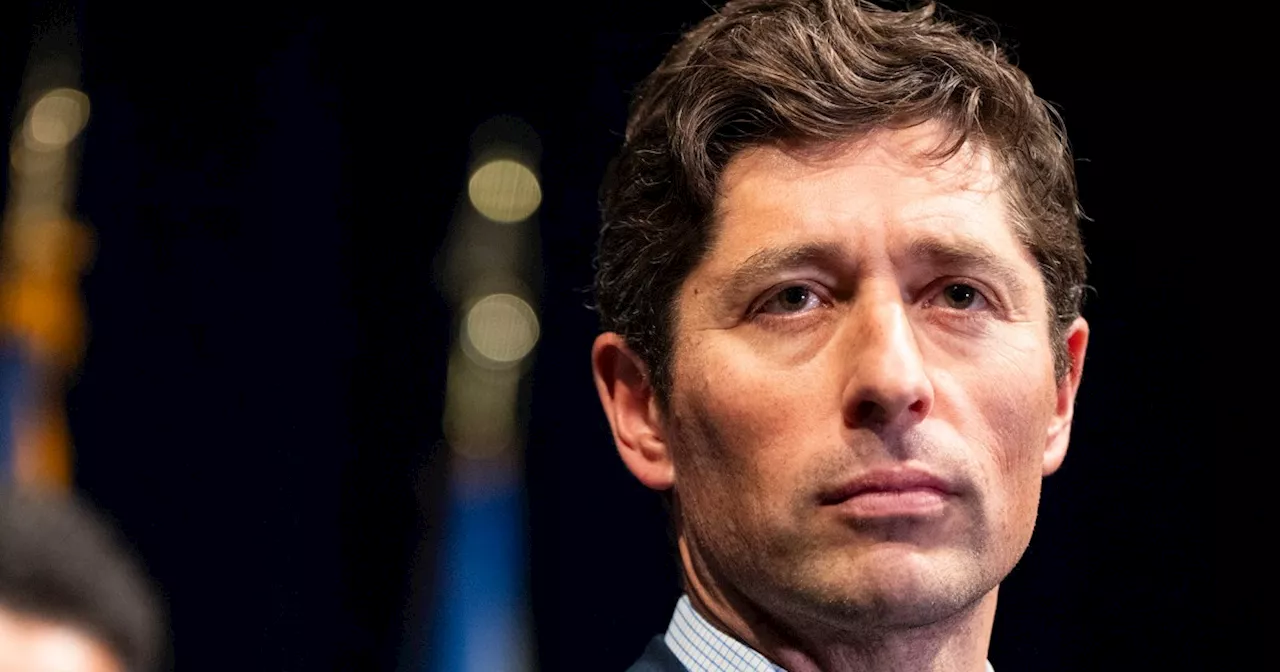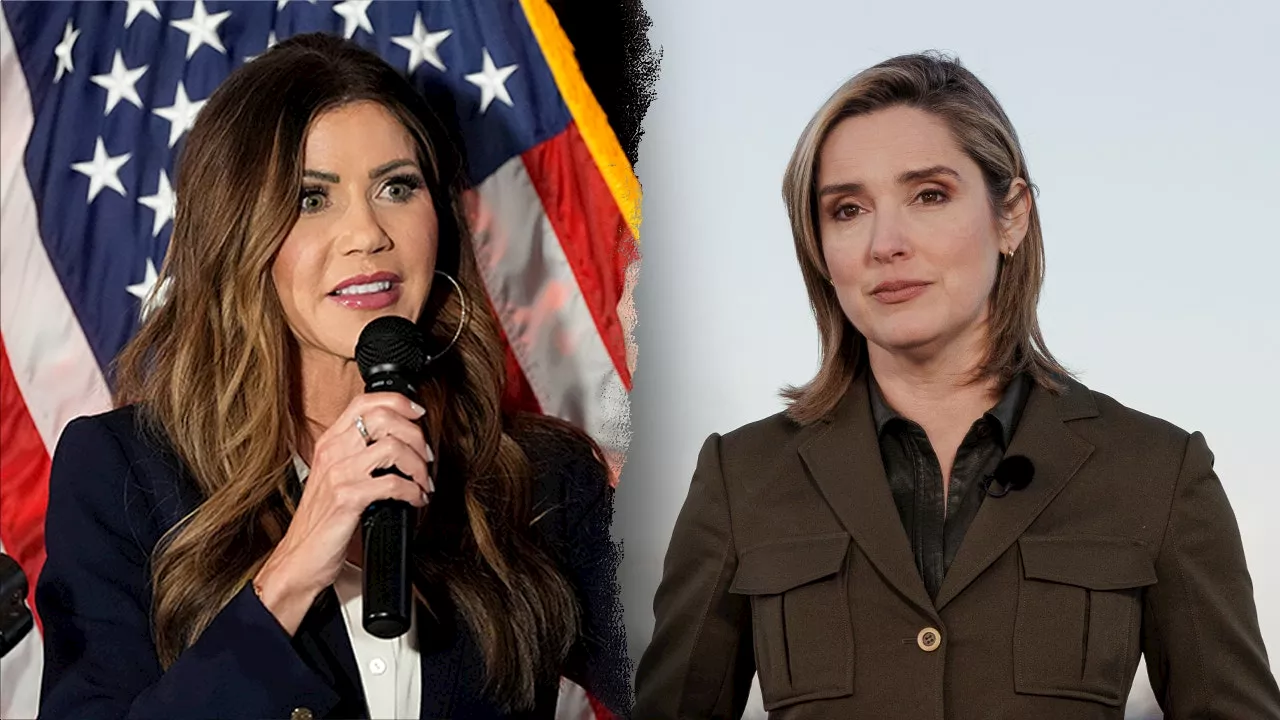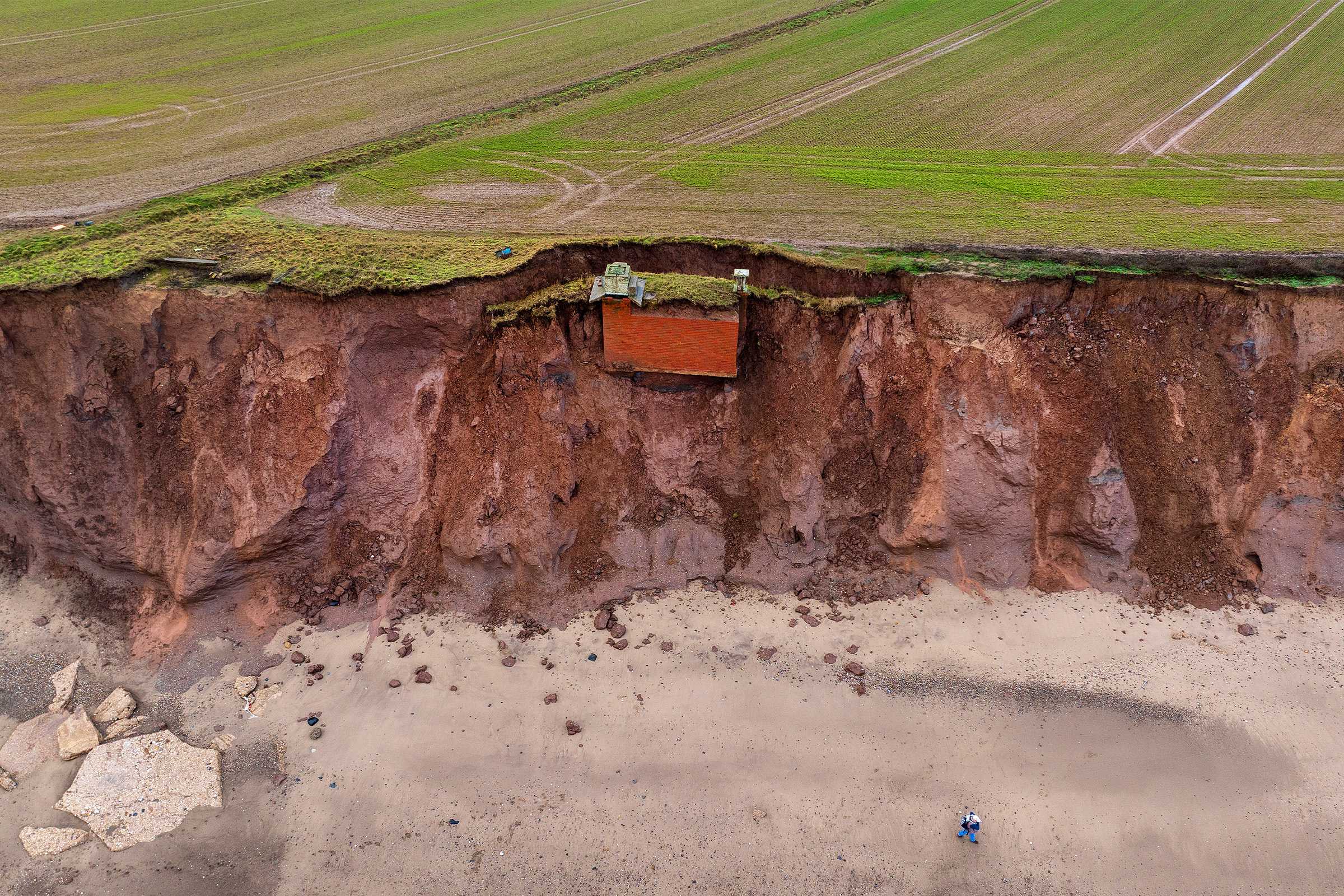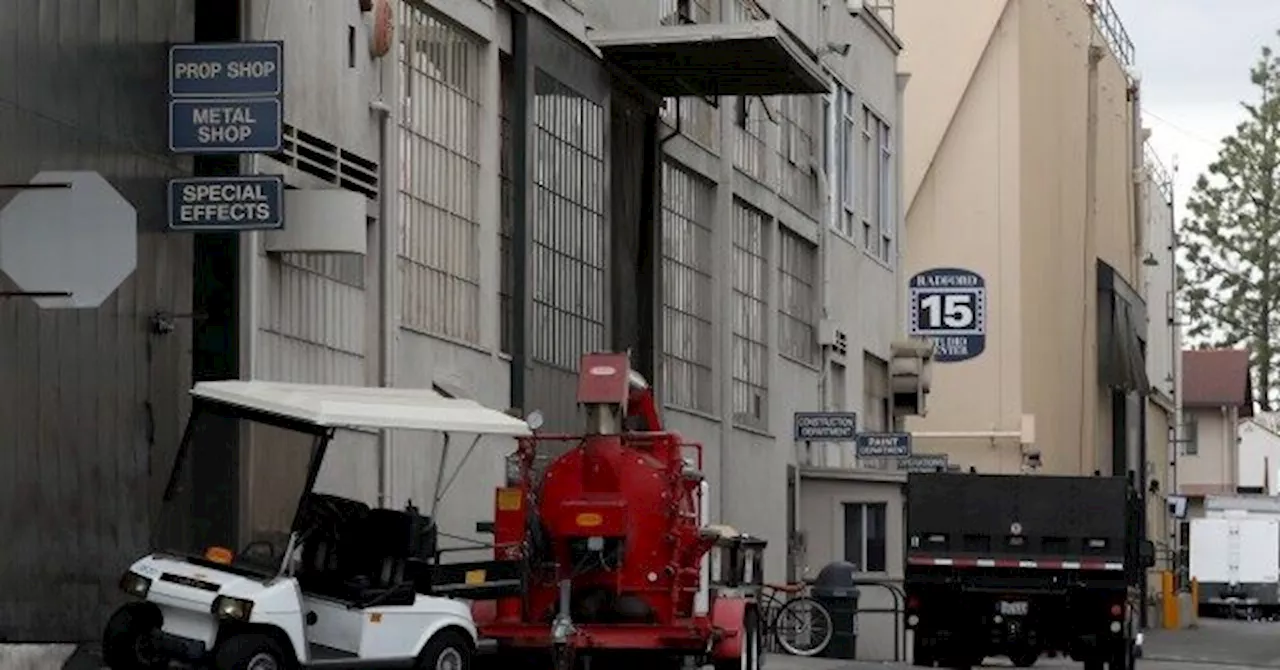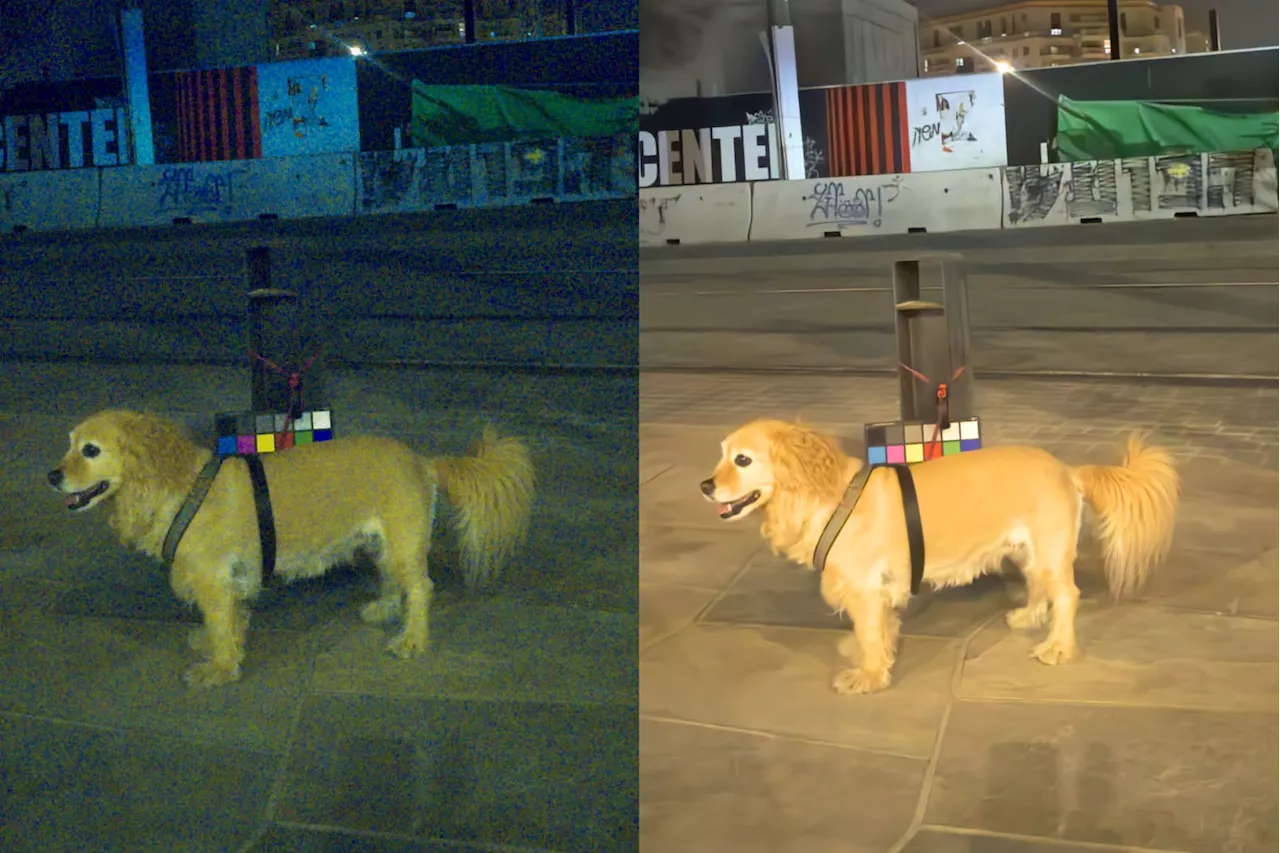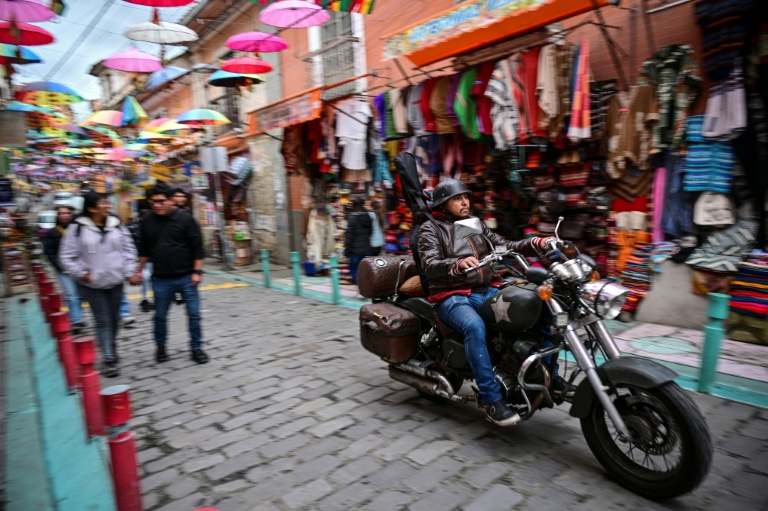
Bolivia is on the brink of a significant political shift as it prepares to elect a new president on October 29, 2023. Following two decades of socialist governance, voters are set to choose between two pro-business candidates, economist and senator Rodrigo Paz, aged 58, and former interim president Jorge Quiroga, aged 65. This election occurs at a time when the country is grappling with severe economic challenges, including a staggering annual inflation rate exceeding 20 percent.
The crisis has led to significant shortages of both dollars and fuel, prompting many voters to distance themselves from the Movement Toward Socialism (MAS) party established by former president Evo Morales. In an initial electoral round in August, the MAS party faced a significant defeat, signaling a shift in public sentiment toward more market-oriented policies.
Since the nationalization of gas reserves under Morales, Bolivia experienced an economic boom that has since turned into a bust. The outgoing president, Luis Arce, has faced criticism for under-investing in the hydrocarbons sector, which was once critical to Bolivia’s economy. As a result, the country is now suffering from its worst economic crisis in four decades, with long lines at gas stations becoming a common sight.
Residents express their frustration with the current situation. “The situation is terrible, we don’t know what’s going to happen,” said Felicidad Flores, a 67-year-old street vendor in La Paz. “Everything is very expensive… I hope it doesn’t go up more.” Similarly, Javier Quispe, a 40-year-old truck driver, lamented, “There isn’t much hope that things will change.”
According to analyst Daniela Osorio from the German Institute for Global and Area Studies, the patience of Bolivians is waning. She warned that if the election winner fails to address the needs of the vulnerable population, it could lead to social unrest. The World Bank has indicated that the winner will inherit an economy in recession, making immediate action imperative.
Both Quiroga and Paz have put forth differing economic recovery plans. Quiroga advocates for opening up to international investment and foreign loans, while Paz proposes a “capitalism for all” approach that includes decentralization, lower taxes, and fiscal discipline. Despite their differing strategies, both candidates share a commitment to maintaining social programs, although economists argue that stabilizing the economy and preserving these programs could be mutually exclusive.
Both candidates are also considering reducing the universal fuel subsidy, limiting it to public transportation, a move that could be controversial given the current economic climate. However, they face a significant hurdle: neither candidate is expected to secure a majority in Congress, which will necessitate negotiations and potential compromises to enact their policies.
The campaign has been marked by personal attacks, leaving emotional scars that may complicate future collaborations. Outside of Congress, both candidates will face opposition from Morales, who, while barred from seeking another term, remains a potent political figure. His ongoing legal troubles, including an arrest warrant for human trafficking over an alleged relationship with a minor—an accusation he denies—add another layer of complexity to the political landscape.
With nearly eight million voters eligible to vote on Sunday and mandatory voting laws in place, the outcome of this election is poised to reshape Bolivia’s economic trajectory. As Luis Arce prepares to leave office on November 8, 2023, the newly elected president will need to navigate a challenging road ahead to restore stability and confidence in the Bolivian economy.
